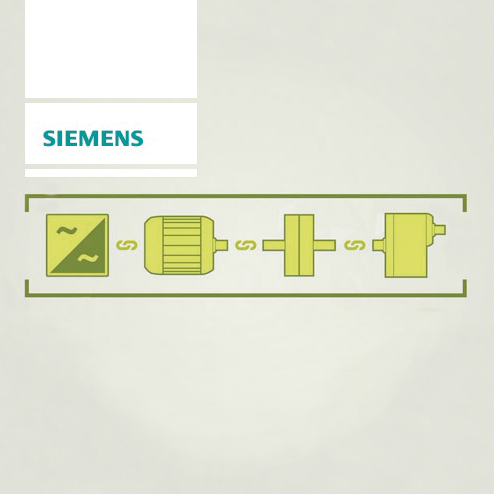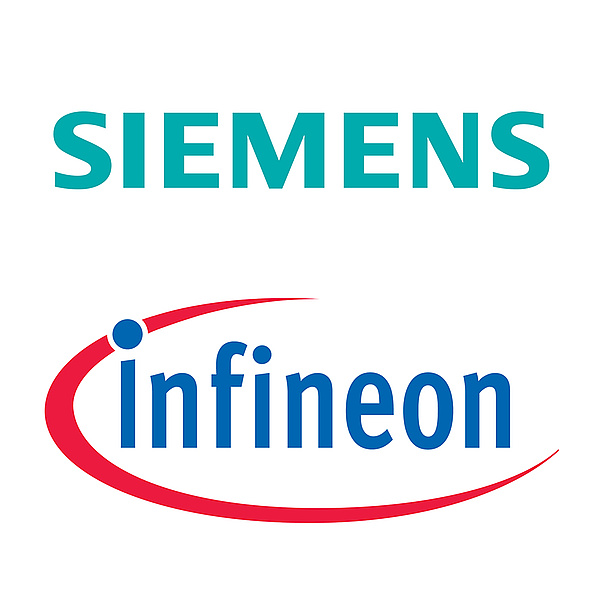Content
- You will learn about the basic principles of electrical drives, their components, the devices they drive, typical load curves and therefore the characteristics that are important for selecting and operating such drives.
- You will learn about operation of drives on a fixed-frequency power supply and with variable-speed drives.
- You will learn more about related topics such as two-axis theory, basic control structures and relevant sections of standards.
- You will solve up-to-date problems from the subject area based on examples.
- You will be perfectly prepared to apply electrical drives in practice.
Target Groups and Admission Requirements

Dates and Deadlines
Next course date: upon request
Quick Facts
- Duration: 4 half days (12 hours)
- Certificate: Confirmation of participation
- Language of instruction: German
- Course fees: € 950 (VAT free); reduced to € 790 (VAT free) each for three or more participants from the same company.
The fees cover the course handouts. - Location: TU Graz or in-house training

Many of the participants in this course have practical work experience and a high level of interest in (re)discovering fundamental principles. This is what makes it exciting to teach in the LLL context and it makes this course a stimulating addition to my other tasks as a professor.

In cooperation with Siemens and Infineon

Contact
Sarah Meinhardt
BA
TU Graz Life Long Learning
Tel.: +43 316 873 4945
lifelong.learning@tugraz.at

